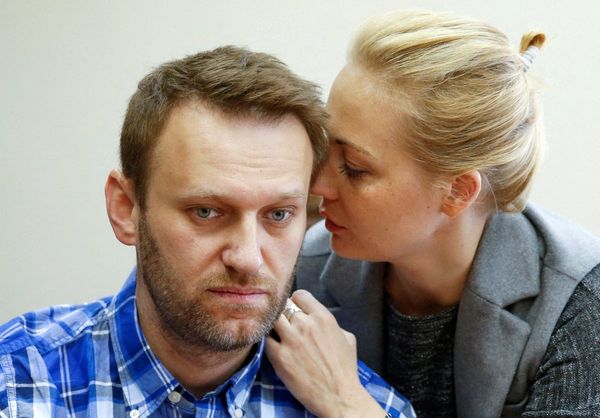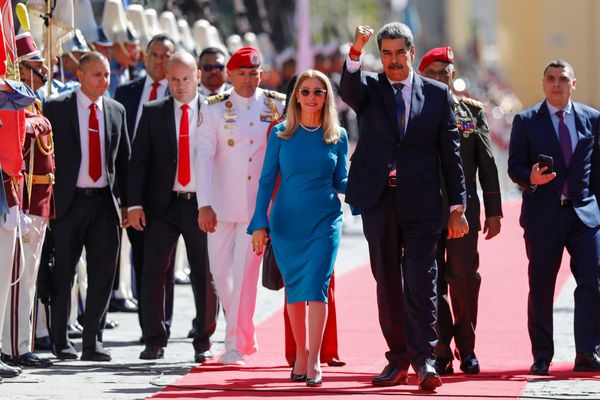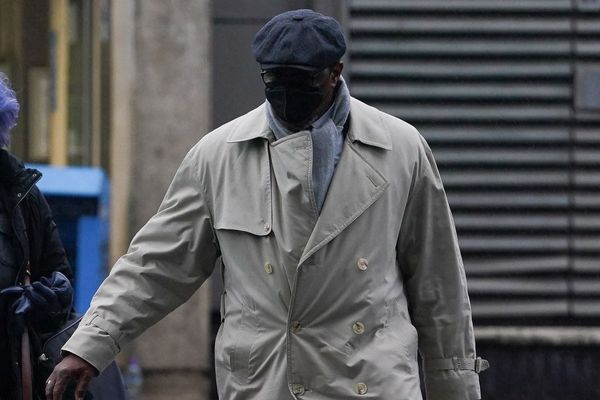
Shell could be forced to abandon a £3bn investment in a huge Russian gas plant after Vladimir Putin threatened to seize the rights to the project.
The Kremlin has said it plans to transfer the rights to the Sakhalin-2 plant in the far east of Russia to a new Russian company, citing economic security and national interests.
Putin signed a decree issued by the Kremlin that gives stakeholders a month to say whether they will take a holding in the new company. If they refuse to sign up, investors may lose their money.
Shell holds a 27.5% stake in the liquefied natural gas (LNG) facility. After Russia’s invasion of Ukraine, Shell vowed to exit the project and said it would not invest further in Russia.
Its stake has been valued at $4.1bn (£3.4bn) and the Shell chief executive, Ben van Beurden, said this week the company was making progress in selling it. Chinese state-run energy firms are reportedly interested in buying the stake.
Moscow will have the final say over who is allowed into the new company.
Most of the gas at the project is used to supply Japan, and two of the country’s largest trading houses, Mitsubishi and Mitsui, own a combined 22.5% stake in the project.
The Japanese trade minister, Koichi Hagiuda said on Friday that the country is considering replacing Russian LNG imports by ramping up gas sourced elsewhere. The decree is not expected to interrupt short-term supplies of LNG.
Putin has been limiting gas supplies into Europe since the invasion of Ukraine. European countries have scrambled to fill their gas storage facilities for fear of a complete shutdown in Russian gas supplies.
Uniper, the owner of the Ratcliffe-on-Soar power station in Nottinghamshire, said on Thursday that it was in talks with the German government to secure emergency state support after Russia slashed its gas supplies.
A Shell spokesperson said: “As a shareholder, Shell has always acted in the best interests of Sakhalin-2 and in accordance with all applicable legal requirements.
“We are aware of the decree and are assessing its implications. We have no further comment at this stage.”







